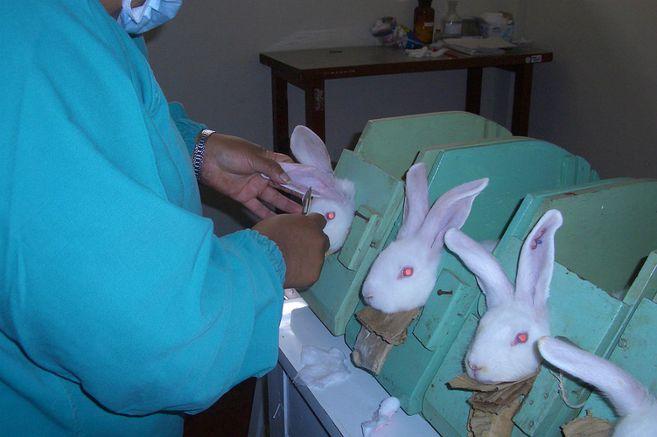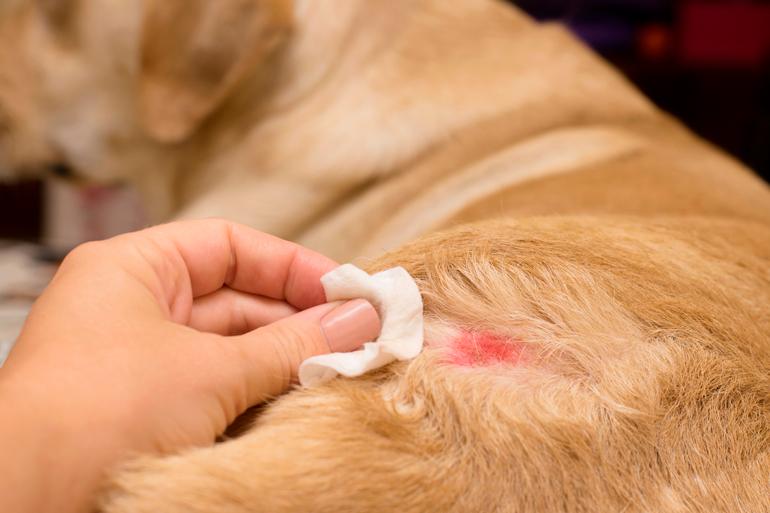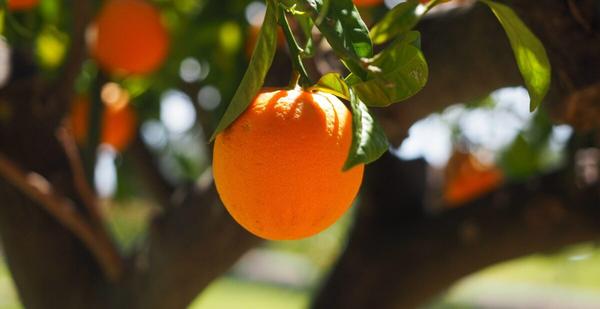Latin America advances to leave behind cosmetic tests in animals
Claudia Polanco Yermanos
Bogotá, Aug 15 (EFE).- The cosmetic industry in Latin America, which invoice more than 63 per year.200 million dollars, continue in its transformation to stop being an "ugly duckling" in the eyes of critics after Colombia became this week in the first country in the region to prohibit evidence in animals, although some regionsOf others, like Brazil, they had already opened the way.
For anyone it is a secret that behind the elaboration of a good part of the makeup, the anti -wrinkle creams, the shampoos and the tanners, among other articles available in the market, there is a painful reality in which millions of animals in the world are used forMake tests that guarantee that products can be used by humans without danger.
Although animal defenders have denounced the cruelty of these practices through the dissemination of shocking images of rabbits, mice and monkeys with bloody eyes and burned skin, laws to prohibit or regulate their use still scarce in the region.
Meanwhile, figures from the British Union against Vivisection (dissection practiced in a living animal) indicate that more than 115 million vertebrates are used every year in these experiments worldwide.
Colombia marks the pattern
Through Law 2047 of August 10, 2020 Colombia, it became the first country in Latin America to prohibit cosmetics tests in animals, thus joining 40 nations, including the United Kingdom, New Zealand and Israel, which they have put itFACE TO THAT PROBLEM.
With the objective of guaranteeing compliance with the law, which will enter into force in four years, the Government of the coffee country will create incentives for the strengthening of laboratories and research institutions "that develop and apply alternative models" that avoid the use of theseTesteos.
The law contemplates, however, two exceptions: "When an ingredient has to be submitted to safety tests for health or environment and there are no alternative validated by the international scientific community", and "when the data generated throughAnimal tests for an ingredient have been performed for another purpose other than cosmetic ".
In spite of this, this fact positions Colombia as "leader in the advancement of animals in Latin America," Alicia Aguayo, director of the Peta Latino organization, the largest in the world, with about 6, told Efe, with about 6, with about 6, with about 6, with about 6, with about 6, with about 6,5 million members.

For the spokeswoman of the American entity, the Government must "strongly comply" the law, but due to exceptions "when consumers buy cosmetics and personal care products, it is necessary to use the global data Beauty Without Bunnies de Peta, where will they find the companies that prove and do not try their products in animals ".
The industry speaks
Although the purpose of Colombia is valuable, the path that the region must travel is long and difficult, more if it is taken into account that, according to the Council of the Cosmetics Industry, Personal toilet and Care of the Hogar of Latin America (Casic), theMarket moves in this part of the planet approximately 100.000 million dollars annually.
Of that figure, in 2018 only the sales of the category of cosmetics were 63.200 million dollars.
In Colombia, the Bella Skin chain, which markets 1.900 references of dermocosmetic products in 65 stores, he gladly received the government's announcement.
Hi, call me gives me!Still A Student, Hoping to Improve My Study Habats and Acquire More Skills.Also, Wanting to read ... https: // t.CO/NIJFAIUAW
— Oxeye Mon Jul 19 15:40:56 +0000 2021
In this regard, Norma Páez, technical director of the company, told Efe that "beautiful skin was prepared for years for that important step since all its products are free of animals in animals".
To achieve this, he explained that allied laboratories, both national and foreign, "have transformed their way of producing using new technologies that allow corrosion and sensitivity tests without using animals and without prejudice to the scientific progress".
In this way, Páez considered that "Law 2047 will favor the cosmetic category in Colombia and incidentally throughout Latin America, since most people are currently very attentive to using products that do not go against the environment orof the integrity of any living being ".
The case of Mexico worries
In Latin America especially what happens in Mexico, since experimentation in animals is not prohibited or regulated.
According to estimates by Animal Heroes organization, about five million animals suffer from this type of abuse annually in the country.
According to official data, the cosmetic industry of Mexico, which sells 10.000 million dollars a year, occupies third place in production in America, after that of the United States and Brazil.
Therefore, it is a hope that is pending to be approved in the Chamber of Deputies a law that regulates the use of live animals in the production, research, manufacture and development of cosmetics, and that proposes a penalty of two to seven years ofprison and a fine of about 7.$ 700 for those who participate in the controversial procedures.
Sao Paulo carries the baton in Brazil
In Brazil, the use of animals for cosmetics tests is not prohibited or there is a national coverage law, although some states do have their own laws, such as Sao Paulo, Minas Gerais and Amazonas.
The Brazilian movement that aims to eliminate these practices since 2013 when dozens of activists broke into a laboratory of the Royal Institute and denounced the ill -treatment, and in January 2014 Sao Paulo became the first state to say no to the use of animals for animals forthe production of cosmetics, fragrances and personal hygiene products.
Also, since last year these practices became more difficult in the South American giant because the five -year period given by the National Animal Experimentation Control Council gave so that laboratories adopted alternative methods in which there are no animals.
The "Free Cruelty" movement in South America grows
The "Cruelty Free" movement (free of cruelty), which is against animal torture in the name of cosmetics, grows in southern America.
An example of this is what happens in Argentina, where numerous entities and NGOs carry out campaigns against these tests and day by day increases the supply of "vegan" beauty products ".
Even so, to date no bill of those who have appeared before Congress to prohibit tribs in animals has been approved and the practice continues to be enabled.
The same goes for in Chile, where there is currently not a single law that regulates or prohibits evidence at the private sphere, much less for the elaboration of cosmetics, a situation that the NGO no more vivisection has been denouncing time.
However, at the beginning of 2019 there were 45 brands with a "cruelty free" certificate, awarded by the Chilean NGO.
Finally, in Bolivia a "cruelty free" network was born two years ago that is based on peace and brings together twenty cosmetics and food ventures in whose elaboration process is animal cruelty discarded.
Consulted byEFE, activist Víctor Girondonda, who is part of the Netday, his abolition.EFE









1772